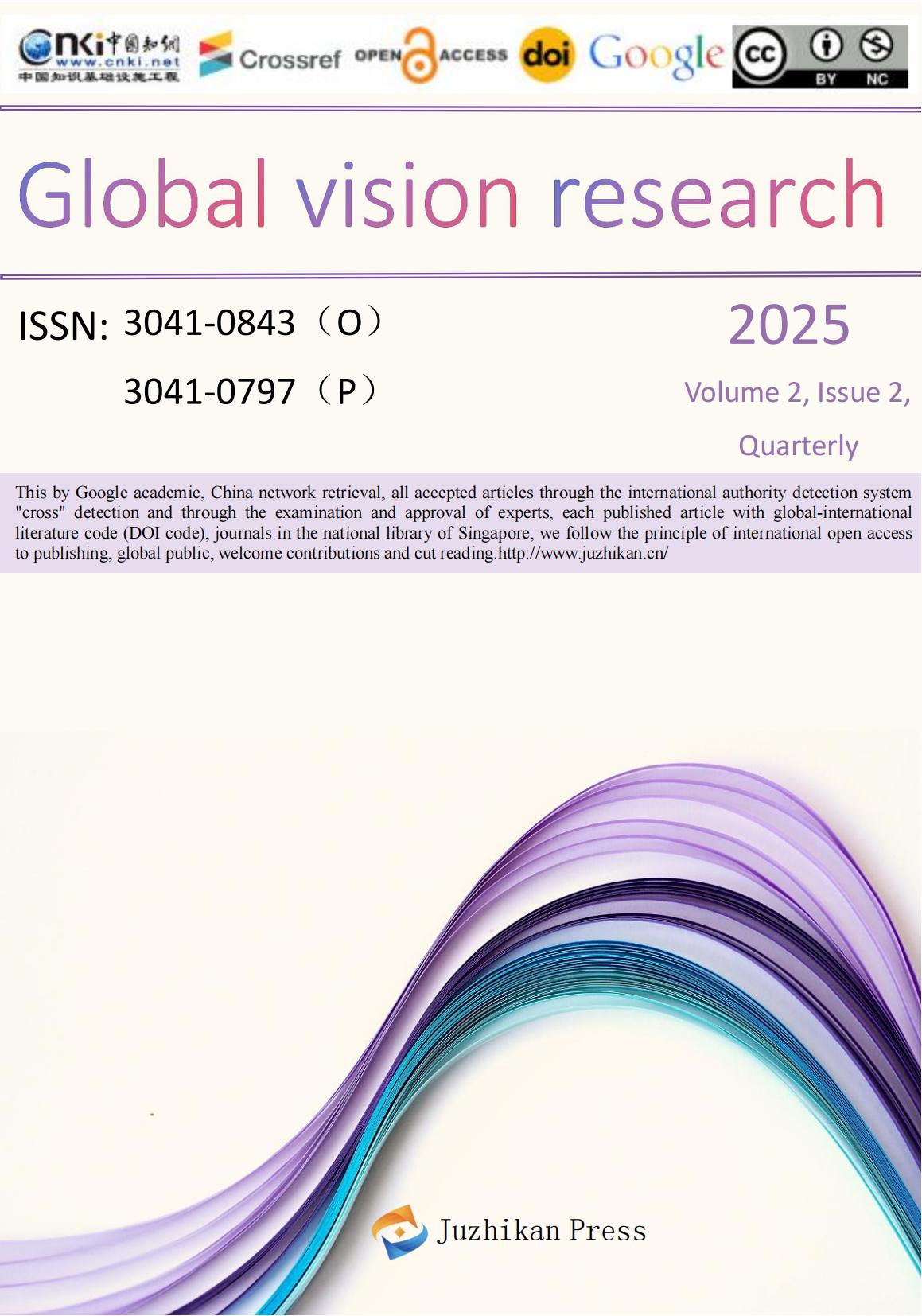
 info@juzhikan.asia
info@juzhikan.asia
 info@juzhikan.asia
info@juzhikan.asia
The Performative Politics of Branding: Reconstructing Gender Norms in Commercial Discourse
Qiu Chen
Liaoning University of International Business and Economics, Dalian, Liaoning, 116000;
Abstract:This paper examines hodw brands performatively construct and commodify gender norms in commercial discourse, using Judith Butler’s theory of gender performativity. Through critical discourse analysis of a Chinese brands- Ubras, the study reveals how brands appropriate feminist discourse to reinforce neoliberal values, transforming resistance into marketable commodities. Key findings include the entanglement of corporate feminism with state agendas, the commodification of empowerment, and the exclusionary effects of performative branding. The study concludes that brands act as agents of neoliberal governance, obscuring systemic inequalities through performative feminism.
Keywords:Gender Performativity;Brand Marketing;Critical Discourse Analysis
References
[1]Adichie, C. N. (2014). We Should All Be Feminists. Vintage.
[2]Askegaard, S., & Linnet, J. T. (2011). Towards an epistemology of consumer culture theory: Phenomenology and the context of context. Marketing Theory, 11(4), 381-404.
[3]Bettany, S., & Kerrane, T. (2010). Ethical consumption: The moral economy of the 'ethical' consumer. Journal of Marketing Management, 26(13-14), 1291-1305.
[4]Butler, J. (1990). Gender trouble: Feminism and the subversion of identity. Routledge.
[5]Butler, J. (1993). Bodies that matter: On the discursive limits of "sex". Routledge.
[6]Butler, J. (1997). The psychic life of power: Theories in subjection. Stanford University Press.
[7]Butler, J. (2004). Undoing gender. Routledge.
[8]Consumer Reports. (2021). The pink tax: How women pay more for everyday products. Consumer Reports.
[9]Fairclough, N. (1995). Critical discourse analysis: The critical study of language. Longman.
[10]Goffman, E. (1979). Gender advertisements. Macmillan.
[11]hooks, b. (2000). Feminism is for everybody: Passionate politics. South End Press.
[12]Killingsworth, M. J. (2004). Gender in advertising: Representations and implications. Rowman & Littlefield.
[13]McRobbie, A. (2009). The aftermath of feminism: Gender, culture, and social change. SAGE.
[14]NPD Group. (2023). Athleisure trends: The intersection of fashion and fitness. NPD Group.